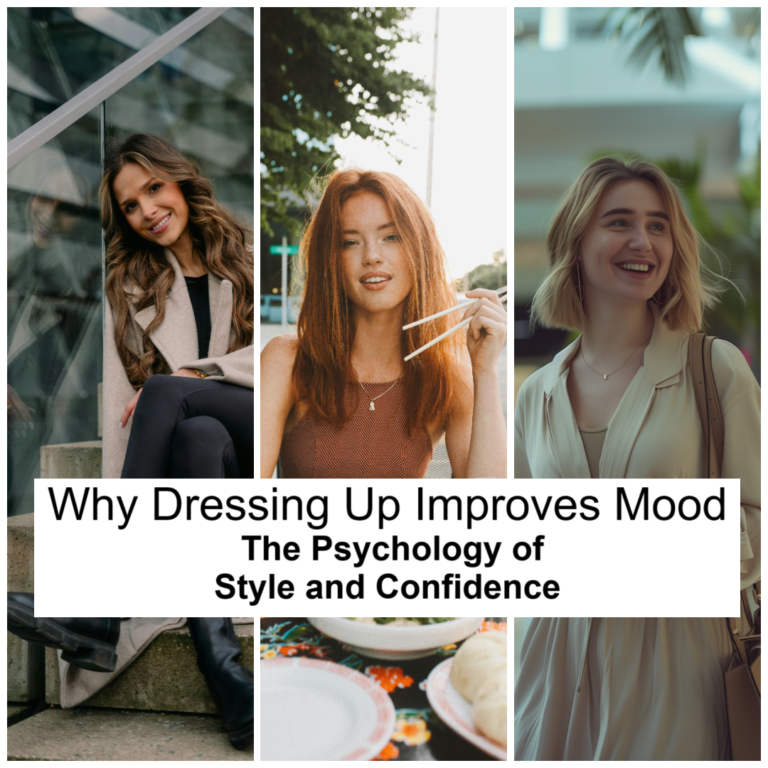The Importance of Sunscreen in Your Skincare Routine
The Importance of Sunscreen in Your Skincare Routine
When it comes to skincare, one product stands out as a true essential: sunscreen. Regardless of your age, skin type, or the season, sunscreen plays a crucial role in maintaining the health and appearance of your skin. Let’s dive into why sunscreen is a non-negotiable part of your daily skincare routine and how to incorporate it effectively.

The Importance of Sunscreen for Skin Protection
1. Protection Against Harmful UV Rays
In out topic of Importance of Sunscreen, we are discussing now why is it important. It is very important to protect again harmful rays. The sun emits two types of ultraviolet (UV) rays: UVA and UVB.
- UVA rays penetrate deep into the skin, causing premature aging and contributing to the risk of skin cancer.
- UVB rays are responsible for sunburn and also increase cancer risk.
Sunscreen forms a protective barrier, reflecting or absorbing these rays to minimize their damage.
2. Prevents Premature Aging
Exposure to UV rays accelerates the breakdown of collagen and elastin, leading to wrinkles, fine lines, and sagging skin. By wearing sunscreen daily, you protect your skin’s elasticity and maintain a youthful glow.
3. Reduces the Risk of Skin Cancer

Skin cancer is one of the most common types of cancer, but it’s also highly preventable. Regular sunscreen use dramatically reduces the risk of developing melanoma and other forms of skin cancer.
4. Prevents Sunburn
Sunburn is not just painful; it also causes lasting damage to your skin. Even a single severe sunburn can significantly increase your chances of developing skin cancer later in life.
5. Evens Out Skin Tone
Sun exposure can cause hyperpigmentation, dark spots, and redness. Sunscreen helps prevent these issues, ensuring an even and radiant complexion over time.

Choosing Sunscreen: Understanding the Importance of Sunscreen and its Protection
When selecting sunscreen, consider the following factors:
1. Broad-Spectrum Protection
Look for a sunscreen labeled as “broad-spectrum.” This ensures it protects against both UVA and UVB rays.
2. SPF (Sun Protection Factor)
SPF indicates how effectively a sunscreen blocks UVB rays. Dermatologists recommend using SPF 30 or higher for daily protection.
3. Skin Type Compatibility
- For oily or acne-prone skin, opt for non-comedogenic, oil-free formulas.
- For dry skin, choose hydrating sunscreens with moisturizing ingredients.
- For sensitive skin, look for mineral-based sunscreens with zinc oxide or titanium dioxide.
4. Water Resistance
If you plan to swim or sweat, a water-resistant sunscreen will provide longer-lasting protection.
How to Apply Sunscreen and Maximize Its Importance

- Use Enough Product
Most people don’t apply enough sunscreen. For your face and neck, use about a nickel-sized amount. For your body, aim for about an ounce (the size of a shot glass). - Apply Before Sun Exposure
Apply sunscreen at least 15–30 minutes before going outside to allow it to absorb properly. - Don’t Forget Key Areas
Remember to apply sunscreen to your ears, back of the neck, hands, and tops of your feet. These areas are often overlooked but are just as susceptible to sun damage. - Reapply Regularly
Reapply every two hours, especially after swimming, sweating, or towel drying. - Combine With Other Sun Protection Measures
Sunscreen is not your only line of defense. Wear protective clothing, sunglasses, and wide-brimmed hats, and seek shade during peak sunlight hours.
Common Sunscreen Myths Debunked
“I don’t need sunscreen on cloudy days.”
Up to 80% of UV rays can penetrate clouds, so sunscreen is essential even when the sun isn’t visible.
“I don’t need sunscreen if I have dark skin.”
While melanin offers some natural protection, it doesn’t prevent all sun damage or reduce the risk of skin cancer. Sunscreen is vital for all skin tones.
“I only need sunscreen at the beach.”
Daily UV exposure adds up, whether you’re walking to work, sitting by a window, or driving. Incorporate sunscreen into your everyday routine.
Conclusion
Sunscreen is a powerful tool in protecting your skin from the harmful effects of UV radiation. It not only shields against sunburn and skin cancer but also helps preserve your skin’s youthful appearance and even tone. By making sunscreen a daily habit, you’re investing in the long-term health and beauty of your skin. Remember, consistency is key—don’t skip it, and always reapply!
Also Read: Build a Skincare Routine That Works for You: A Complete Guide
Frequently Asked Questions About Sunscreen
1. Why do I need sunscreen for my skin?
Sunscreen acts as a protective shield for your skin against harmful UV rays. These rays can cause sunburn, speed up skin aging, and increase the risk of skin cancer. Applying sunscreen daily keeps your skin healthy and youthful.
2. Is it necessary to wear sunscreen every day?
Absolutely! Sunscreen is essential, even if you’re indoors or the weather is cloudy. UV rays can penetrate windows and clouds, so daily application is a must to protect your skin.
3. How much sunscreen should I use for my face?
You’ll need about a nickel-sized amount for your face and neck. Make sure to also apply sunscreen to your ears and the back of your neck—areas that are often forgotten but equally exposed.
4. Can makeup with SPF replace sunscreen?
No, it’s not enough. While makeup with SPF offers some protection, it’s usually not applied in sufficient amounts to be effective. Always layer sunscreen under your makeup for proper coverage.
5. What’s the difference between SPF 30 and SPF 50?
SPF 30 blocks roughly 97% of UVB rays, while SPF 50 blocks about 98%. While the difference might seem small, SPF 50 is better for prolonged sun exposure or for those with very sensitive skin. Both are effective when applied correctly.
6. Can sunscreen prevent dark spots and uneven skin tone?
Yes! Sunscreen helps protect your skin from UV-induced pigmentation, such as dark spots and redness. Using it regularly promotes an even skin tone over time.
7. Do people with darker skin tones still need sunscreen?
Yes, they do. While melanin offers some natural UV protection, it’s not enough to prevent all damage. Sunscreen is vital for every skin tone to prevent skin cancer and premature aging.
- “Got more questions? Drop them in the comments, and we’ll be happy to help!”
- “Now that you know the importance of sunscreen, don’t forget to make it a part of your daily skincare routine!”







